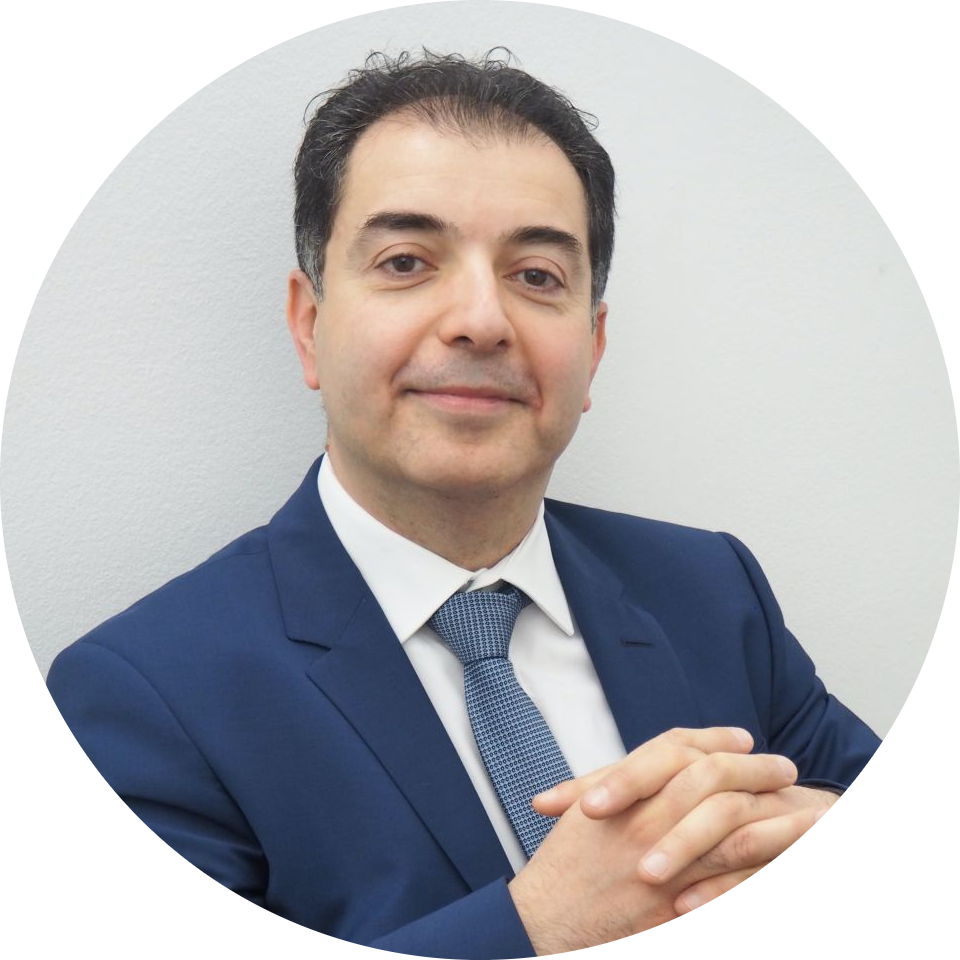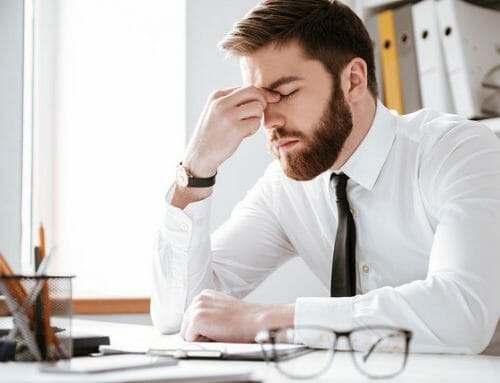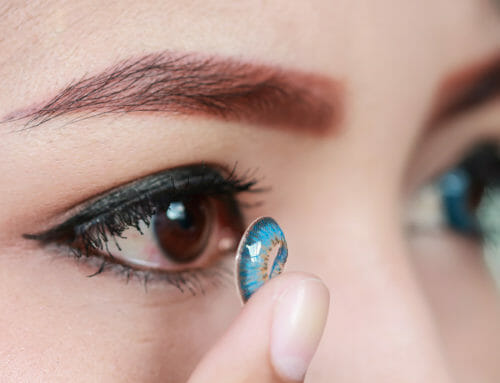
Samer Hamada Answers 5 Common Eye Questions
1. Why do I get dry, uncomfortable eyes when I am working at a computer?
Your eyes may feel dry and uncomfortable when using a computer for many reasons. The dryness probably comes from not blinking enough, we tend not to blink as much when using a computer, phone, tablet etc. as we become focused on the screen so try to blink more often. Also the light/glare from the screen can cause your eyes to feel uncomfortable and strained. A good tip is to try the 20/20/20 rule; every 20 minutes, look at something 20 feet away, for 20 seconds and see if it helps. If you are concerned you should book an appointment with an eye specialist who can fully assess your eyes.
2. Why does my vision vary from being good in the morning to worse in the afternoon?
Many people who suffer with a dry eye disease find their vision varies throughout the day. As the tears evaporate from your eyes and do not get replenished quick enough this can cause your vision to become blurry. The most common dry eye diseases are meibomian gland dysfunction and blepharitis. It is essential that dry eye conditions are diagnosed as it can sometimes be a sign of an underlying condition.
3. I struggle with contact lenses, why is this and what can I do?
Struggling with contact lenses is a common question I get. Sometimes it may be that the contact lenses are drying out your eyes, try using artificial tear drops to see if this help. It may also be that the contact lenses do not fit your eye correctly which can cause a lot of discomfort, return to your eye clinic to try another type of contact lens to see if that is the problem. People’s eyes can start to become intolerant to contact lenses, try using them less or only when you have too. With any contact lens related problem you should see your eye specialist or eye doctor to have a full assessment to check they are right for you.
4. How often should I see an eye doctor or have an eye test?
The American Academy of Ophthalmology recommends: “Adults with no signs or risk factors for eye disease should receive a baseline comprehensive eye evaluation at age 40. Individuals without risk factors aged 40 to 54 should be examined by an ophthalmologist every 2 to 4 years. Individuals without risk factors aged 55 to 64 should be examined by an ophthalmologist every 1 to 3 years. Individuals without risk factors 65 years old or older should have an examination performed by an ophthalmologist every 1 to 2 years as the incidence of unrecognised ocular disease increases with age.”
5. What food is good for the health of my eyes?
A generally healthy, varied diet is a must for eye and body health, but here are a few extra foods which are particularly good for your eyes:
- Foods rich in beta-carotene such as carrots, pumpkin and sweet potato
- Omega-3 fatty acids such as oily fish
- Vitamin C such as berries, broccoli and citrus fruits
- Vitamin E such as almonds, avocados and kiwifruit
- Lutein such as kale, spinach, spring greens and eggs

About the expert
Mr Hamada | Consultant Ophthalmologist and Corneal Surgeon
MD, MSc, DO (hons), FRCSEd, FRCOphth I am Samer, founder and consultant ophthalmic surgeon with over 20 years’ experience in ophthalmology. I am a world-renowned specialist in cornea, cataract and refractive surgery. I’m not only a leading surgeon but also the only dual fellowship trained in corneal diseases in children from reputable institutions in the UK. At Eye Clinic London I work closely with other consultant ophthalmologists, optometrists and orthoptists to achieve the best outcomes for our patients. Our main aim is to make sure our patients get the safest and best treatments available to them. We put your safety before anything else so you can rest assured that if you choose us you will be in the best and safest hands.



